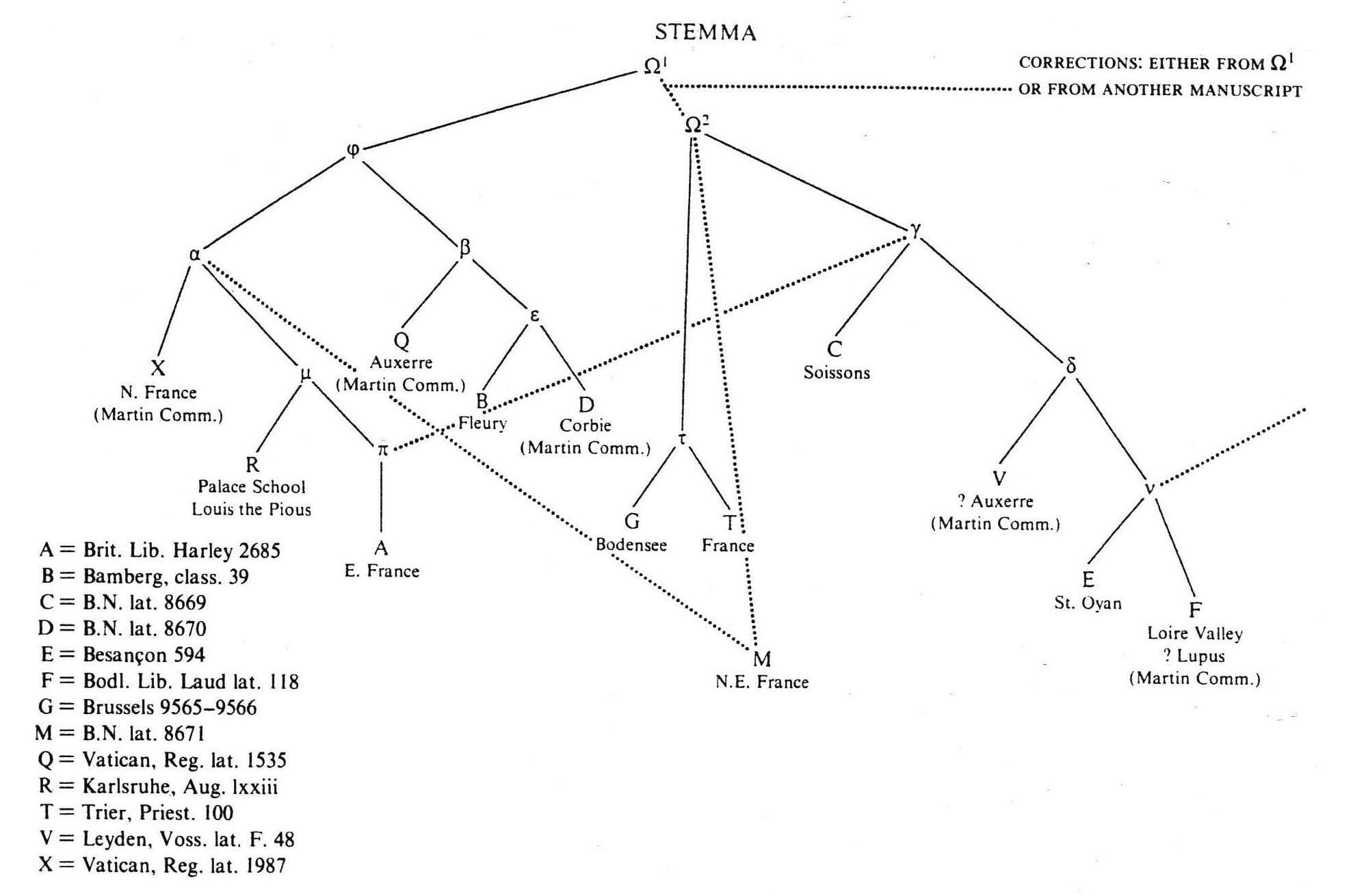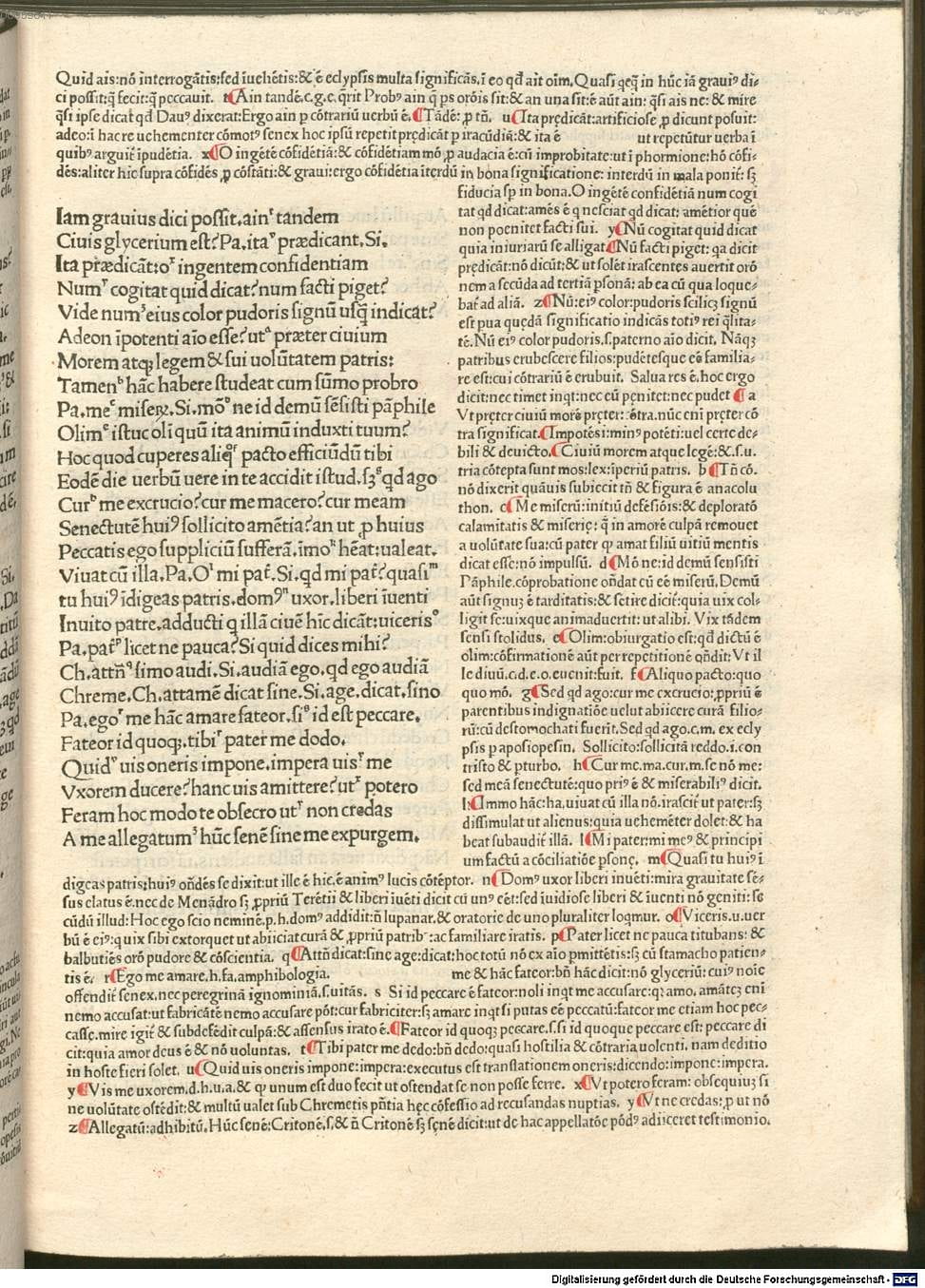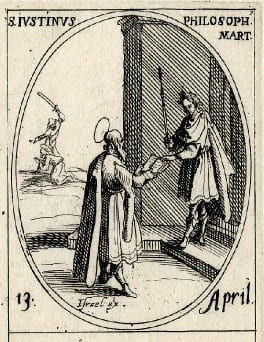by John Raimo
“Those who don’t know, do theory.” As per Nikolaus Wegmann, this slogan of modern philology touches upon something odd this “ancient form of knowledge” and its persistence into the present day. Philology fitfully attempts to absorb theory in his reading: it historicizes both the scholarly subject at hand and the attendant methodology at a stroke. Different sorts of distances open up between the two according to the field, the scholar’s present moment, the lengths of historical and cultural distance involved, the languages present, and finally the great accumulations of previous scholarship. The philologist stands on the shoulders of giants rather than astride a cemetery. Yet it would be a disservice to varied scholarly traditions and achievements to consider philology an impossibly-idealized historicization or plain recognition of temporal distance. Something more rests at stake. It requires the most ecumenical mind to start making sense of what may no longer be a discipline, but which nevertheless continues to inform all our work.
Scholars at Notre Dame’s Rome Seminar’s “Philology Among the Disciplines” continued to move between philology’s definitions and applications, limits, roles, and problems. The primary fields of discussion included literary study, classics, philosophy, and theology. Each conversation unearthed issues regarding hermeneutics, exegesis, historical semantics, and finally practical techniques—both our own and those of past readers. At least one larger question nearly began to answer itself, namely what relationship pertains between Sach- and Wortphilologie. That is, clear historical developments and scholarly practice link text-driven philology with other disciplines and (crucially) vice-versa. The scholarly traffic ran and runs both ways. The larger question haunting the seminar, however, concerned neither philology’s influence nor history per se but rather its status as a body of techniques, a science, a proto- (or even a post-) discipline, and its potential roles today. Is it a “sublime form of craftsmanship” practiced by scholars rather than anything like a science, as Lorenzo Tomasin recently charged? Or do philology’s claims to authoritative interpretation extend more broadly and perhaps somehow more ‘particularly’ today?

Example of a ‘stemma’ tracing text transmissions in the model proposed by Karl Lachmann (Stemma for De nuptiis Philologiae et Mercurii by Martianus Capella proposed by Danuta Shanzer. “Felix Capella: Minus sensus qum nominis pecudalis,” Classical Philology 81,1 (1986), p. 62-81).
No single conversation definitively answers such questions, of course. Yet some brief notes drawn from the conference may at least underline these problems’ significance and the intellectual openness they provoke for scholars across fields and more particularly for intellectual historians.
Ralf Grüttemeier’s talks on literary trials and authorial intention opened the second week of seminars. The angle of legal history clearly binds the two. If a single, authoritative recovery of one coherent authorial intention remained a philological ideal for a great deal of time, it persists well into today’s categories of libel, blasphemy, and obscenity. Landmark literary trials such as those surrounding Flaubert’s Madame Bovary, Baudelaire’s Les Fleurs du mal, Oscar Wilde, Joyce’s Ulysses, and D.H. Lawrence’s Lady Chatterley’s Lover as well as the Obscene Publications Act of 1959, the Committee on Obscenity and Film Censorship (helmed by Bernard Williams), and the United Kingdom’s current libel laws together demonstrate drives to institutionalize philology within modern state judiciaries. That is, this does not concern literature-as-law or vice-versa but rather attempts to identify interpretation with social consensus and enforce disciplinary boundaries in the matter of professional expertise–whether literary, juridical, or otherwise.
For Grüttemeier then (borrowing from Bahktin), independent philology can otherwise act as a break on centrifugal flows of knowledge both into state control and within disciplines. Historicization and scholarly differentiation occur even in the act of positing authorial intention. The process itself affords a varied and still contentious history from Augustine and Hugh of St. Victor (with untroubled authorial intent available to recover), Schleiermacher’s imperative to “understand the text at first as well as and then even better than its author,” Wimsatt and Beardsley’s famous injunction against the “intentional fallacy,” and the great moment of the ‘death of the author’ in thinkers as diverse as Kristeva, Barthes, Foucault, and Derrida among others held against the so-called ‘Cambridge School’ of intellectual history and indeed all historians of ideas. Whether the idea of intent remains a necessary or even possible working fiction in different fields remains as much a philosophical and political question as one for philologists.
The history of philology itself presents different challenges for classicists, not least when looking to perhaps the most fundamental object of philology—etymologies. Enrica Sciarrino and W. Martin Bloomer looked to Roman translations and transformations of Greek philology. Latin translators and poets from Livius Andronicus and Ennius to the playwright Terence worked in a dual capacity as philologists and writers. A recognizable literary space grew in the shadow of imperial conquest as Rome absorbed Greek culture. That is, demonstrable philological skill with Greek lent original literary authority until a gradual rift opened between creative writers and professional critics.

From Terence, Comoedia: mit Kommentar von Aelius Donatus und Johannes Calphurnius (for ‘Heauton Timorumenos’; printed Venice: Reynaldus de Nimwegen, 1482).
Yet etymologies and semantics (especially as a matter of innovation) remained huge decisions, as Bloomer made clear when discussing Varro’s etymologies in his De lingua latina libri. A rough sort of early antiquarianism combined with social, political, and moral imperatives to record the past. That is, Varro saw morphological changes, the preservation of texts, and political consensus as intimately related in a project of historical transparency. Hence a ‘politics’ of philology was present from the beginning as actual methodologies—appeals to a complex sense of natura (something apart from social usage), analogy, grammarians, custom, authorities, and citation—crossed from Greek refugees to the Roman elite. Etymology as such possesses its own particular rhetoric of fundamental nature and politics which has enchanted thinkers from Isidore de Seville to Martin Heidegger and beyond.
In the wake of modern classical studies, however, the question remains: has philology become a self-justifying, “normal science” or does it remain a sensibility, orientation, or even a simple goal? Dieter Teichert approached the impasse via a reexamination of Hans-Georg Gadamer’s work on hermeneutics. In extraordinarily brief terms, one can well ask whether Gadamer’s notions of understanding prior to scientific explanation, hermeneutic circles, ‘historically-effected consciousness’ (wirkungsgeschichtliches Bewußtsein), and ‘less-subjective’ exegesis together pose the gravest challenge to historicization. Is philology still possible? Naturally—even Gadamer’s own readings of Celan suggest as much as opposing philosophical claims from Husserl, Dilthey, Ricœur and others such as Gregory Currie and Joseph Margolis. What may be more broadly deduced, however, would be that philology itself cannot level purely hermeneutic claims against competing interpretations.
Lewis Ayres‘s talk on the development of early Christian thinking demonstrated another important register of philology, namely its ideological presuppositions. This characterization is not quite right, however, in the light of early Christian reading practices drawing apart from Hellenistic traditions. Ancient philosophy (its links to rhetoric and grammar), dogma, and polemics were tightly interwoven into considerations of what constituted scriptural texts—let alone how to actually read them. Irenaeus’ Against Heresies invented something like textual commentary in the act of contesting Valentinians via close readings of soon-to-be-canonical texts, while Justin Martyr’s Dialogue with Trypho demonstrated shifts between literal and figurative readings as permitted (or demanded) by theological dogma. A distinctly Christian hermeneutics arose in the circle again between text and practice; yet as Ayres demonstrated, the philological assumptions were embedded from the beginning.
The Rome seminar’s concluding symposium brought all these terms together in a final framework: disciplinarity. Carsten Dutt offered a forceful characterization of philology as an epistemic means and an end unto itself, then as a Hilfswissenschaft (or ancillary discipline) in historical and comparative linguistics as well. This is not exclusively tied to textual studies, however. More importantly, philology serves to historicize the objects of scholarly study as a means towards “a disciplinary framework whose constitutive aim is to acquire historical knowledge about language and texts.” This methodologically-disciplined historicization may be well-termed normative and problematic at the most detailed levels, yet neither scholarship nor scholarly communities can function in its absence.
Brad Gregory seconded this claim while emphasizing philology’s role as a common denominator or even basic ideology with and between disciplines. That is, philology’s ideals at the least serve as the basis for any interdisciplinary endeavor in the humanities. Similarly, its pervasive presence admits the possibility of wider scholarship within the proper fields themselves: one can think here of classicists making recourse to pottery fragments in reconstructing texts, or legal historians turning to literature. Philology is not always visible, but its ideals guide almost every scholarly humanistic practice, as James Turner, Rens Bod, and Sheldon Pollack among many others have persuasively argued.
If philology generally forbids one from making generalizations—even ones primarily intended for intellectual historians–I will nevertheless hazard a few. The same gap between Sach- and Wortphilologie calls for an awareness of other disciplines’ methodologies and research agendas (past and present). Moreover, some sense of the history of one’s own respective discipline remains necessary at the methodological level. Interdisciplinary studies need not be forced in light of common languages and complementary bodies of expertise. The act of scholarly interpretation always functions in light of previous scholarship: even ‘the death of the author’ was not a reset-button. As such, philology can also act as a break on flows of knowledge, whether institutional or otherwise: the insistence on history also situates each individual work against the larger field of humanistic inquiry.
Finally, the imperative remains to learn languages to a deeper extent as a matter of professionalism. One doesn’t need to talk about graduate training here so much as perhaps to critique the notion of ‘reading knowledge,’ or at least criticize ignorance of scholarship in other languages. This entails something more than renewed self-reflection or a more conservative turn against theory. Take the rise of global history. ‘The state’ in the abstract has become the premier unit of analysis. Yet moving beyond questions of classical origins to flatly equate ‘the state’ with ‘stato,’ ‘état,’ ‘Staat,’ ‘estado’ and so forth rings a false note. Every one of those words has multiple histories and hence presupposes different techniques, competencies, bodies of knowledge, and finally methodologies to study in full depth.
Where then does philology ultimately land us? It’d be nice to say on the page itself, but the better answer would be to say continually looking up from the text and then back again.

Holland House Library is left roofless following an air raid, ca. 1940, London. (© Hulton-Deutsch Collection/CORBIS)
The author thanks W. Martin Bloomer, Carsten Dutt, and Brad Gregory among all the seminar presenters and participants for their work and thoughts—many of which unfortunately had to go unaddressed above. Anthony Grafton, Suzanne Marchand, Madeleine McMahon, and Gregory Mellen also deserve thanks for key references and exchanges.





July 6, 2015 at 12:37 am
Lewis Ayres’s talk and an exchange with fellow JHI Blog editor Madeleine McMahon raised a larger challenge for philology that I could not treat above. Namely, how does one reconstruct polemical disputes of one sort or another? Ayres looked to a first type of problematic conditions, namely when the writing of only one side (the winners) survives. We can only take very tentative guesses at reconstructing at just what heretical Valentinianism actually entailed. Stylistics and other close philological attention, corroboration with other extent sources, and fine-tuned contextualization go some ways but only so far. Madeleine brought up a second model, namely that of reformation polemicists when both sides of debates and controversies survive—often with enemies extensively quoting one another. And to this I’d add a third from my own work in the twentieth century, namely something like ‘shadow polemics’ where thinkers like Paul Ricœuer or mainstream politicians constantly respond and engage with opponents without directly acknowledging them. That is, it remains a lively question whether you need to guess at the polemical context to make sense of what may or may not seem to be independent statements, thinking, and so on. Here the broader question of context (in opposition to ‘internalist readings’ in some degree) has solicited interesting remarks from many of today’s leading intellectual historians, but the technical question of how philology helps map the ‘third’-type of polemics still needs to be resolved.
July 6, 2015 at 5:57 am
Great post, with much to chew on. There’s an interesting early Christian case of controversial writing: Pamphilus, mentor and teacher of Eusebius, compiled accusations against Origen and then collected excerpts from Origen’s works to show that these weren’t justified. Here we can get some purchase on questions like what was thought of as fair criticism based on reasonable interpretation. And in some cases we can check what Pamphilus said about the critics as well.
Larger question: should we talk about philology or philologies? Should the Chinese tradition of textual scholarship–which is very rich and deep, but quite different in assumptions and practices from the classical and Christian ones in the west–also be called philology? And the various Jewish traditions of textual stabilization and interpretation?